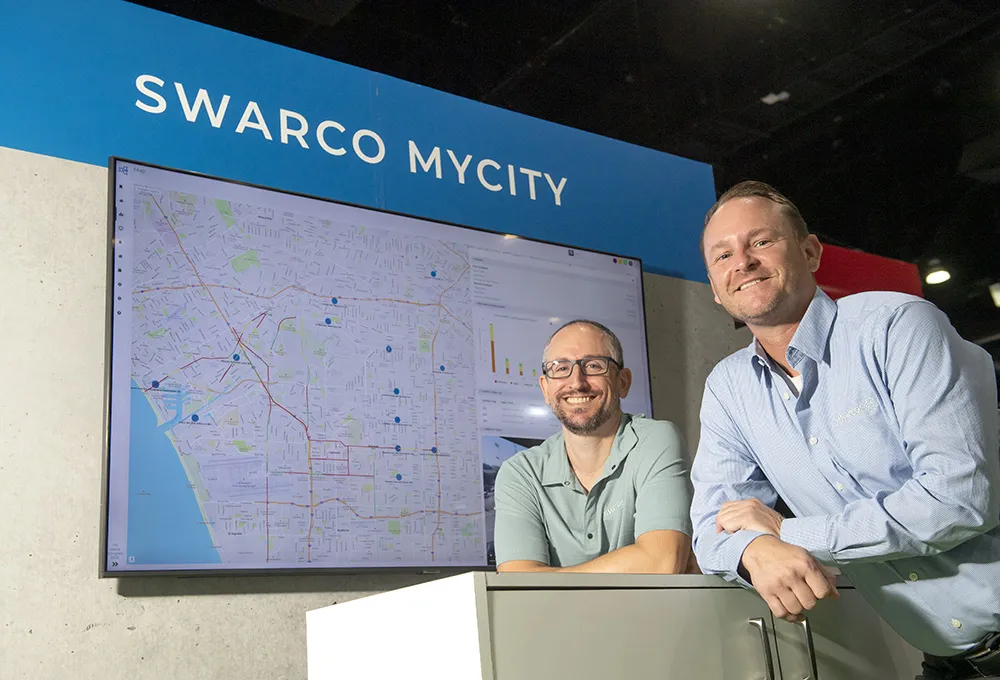A Smart Mobility Consortium comprising the Hong Kong Applied Science and Technology Research Institute (ASTRI), HKT, Huawei Technologies and Qualcomm Technologies is to work on cellular-vehicle-to-everything (C-V2X) technologies with the aim of developing a smart mobility system for Hong Kong.
As one of the most ‘connected’ cities in the world and a global financial hub, Hong Kong is an ideal place to pioneer the implementation of smart mobility system and showcase for the improvement of road safety. Ten
March 29, 2017
Read time: 2 mins
A Smart Mobility Consortium comprising the Hong Kong Applied Science and Technology Research Institute (ASTRI), HKT, 6787 Huawei Technologies and 213 Qualcomm Technologies is to work on cellular-vehicle-to-everything (C-V2X) technologies with the aim of developing a smart mobility system for Hong Kong.
As one of the most ‘connected’ cities in the world and a global financial hub, Hong Kong is an ideal place to pioneer the implementation of smart mobility system and showcase for the improvement of road safety. Ten million-plus journeys are made on the city’s public and private transport system every day, while its robust telecommunications infrastructure and high digital technology adoption rate provides a foundation for the potential of smart mobility.
The multi-year project supports the Government’s plan to transform Hong Kong into a Smart City, utilising the collective strengths of the four organisations to take advantage of C-V2X technology to improve transport and logistics.
The consortium aims to use C-V2X to introduce a series of intelligent transport systems (ITS) in Hong Kong including a warning mechanism for collision and control, assistance for cruise control and parking and alert systems for speed and lane violations. In addition, it will help drivers and traffic administrators to identify potential loopholes and risks at intersections, pedestrian crossings and traffic queues.
As one of the most ‘connected’ cities in the world and a global financial hub, Hong Kong is an ideal place to pioneer the implementation of smart mobility system and showcase for the improvement of road safety. Ten million-plus journeys are made on the city’s public and private transport system every day, while its robust telecommunications infrastructure and high digital technology adoption rate provides a foundation for the potential of smart mobility.
The multi-year project supports the Government’s plan to transform Hong Kong into a Smart City, utilising the collective strengths of the four organisations to take advantage of C-V2X technology to improve transport and logistics.
The consortium aims to use C-V2X to introduce a series of intelligent transport systems (ITS) in Hong Kong including a warning mechanism for collision and control, assistance for cruise control and parking and alert systems for speed and lane violations. In addition, it will help drivers and traffic administrators to identify potential loopholes and risks at intersections, pedestrian crossings and traffic queues.









